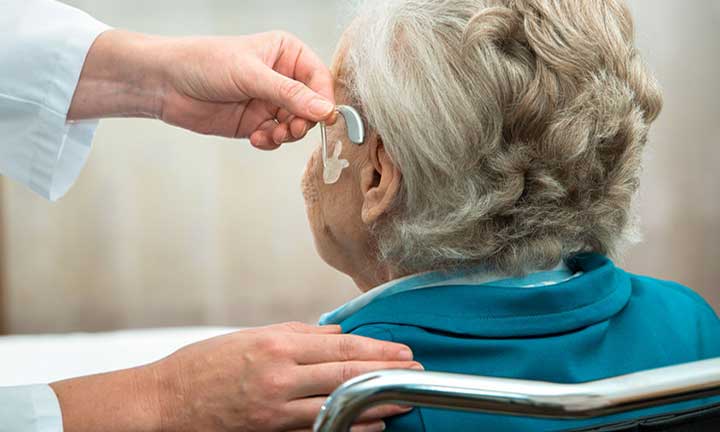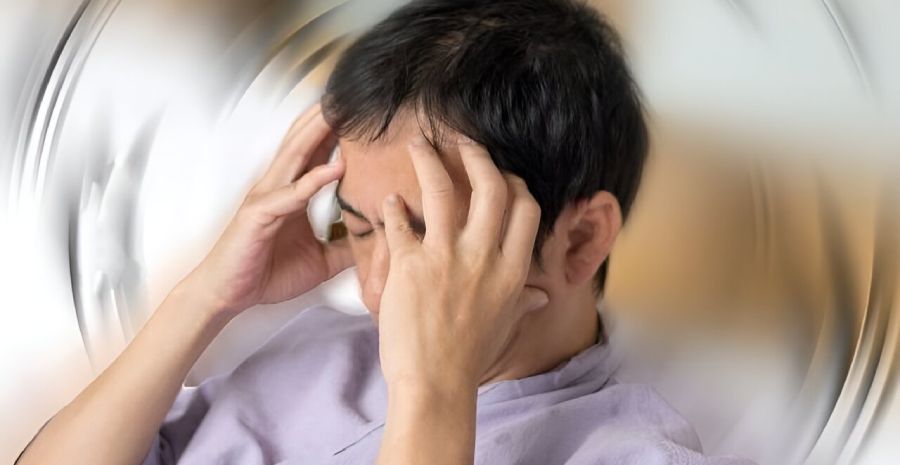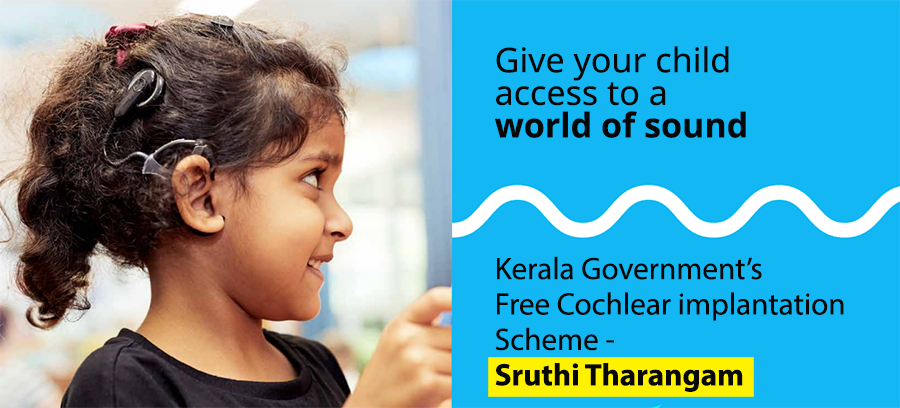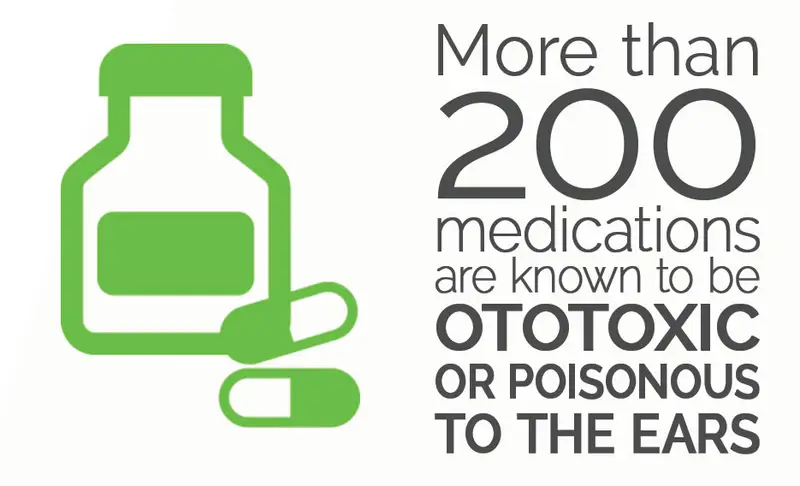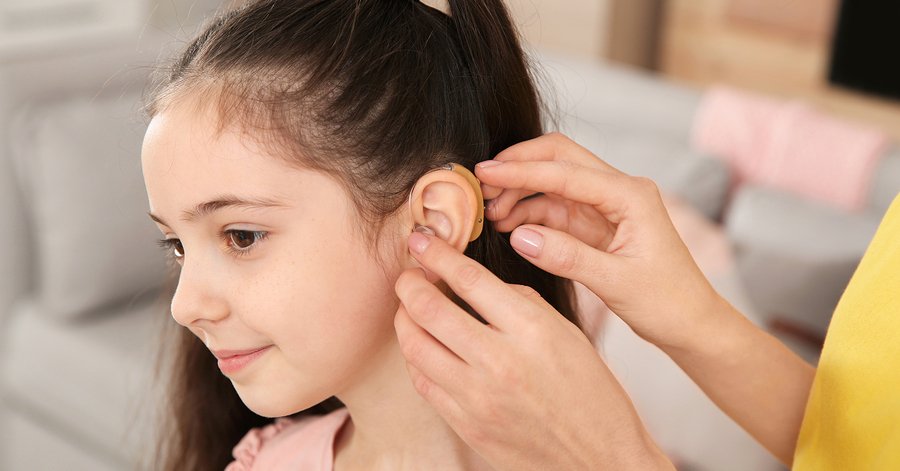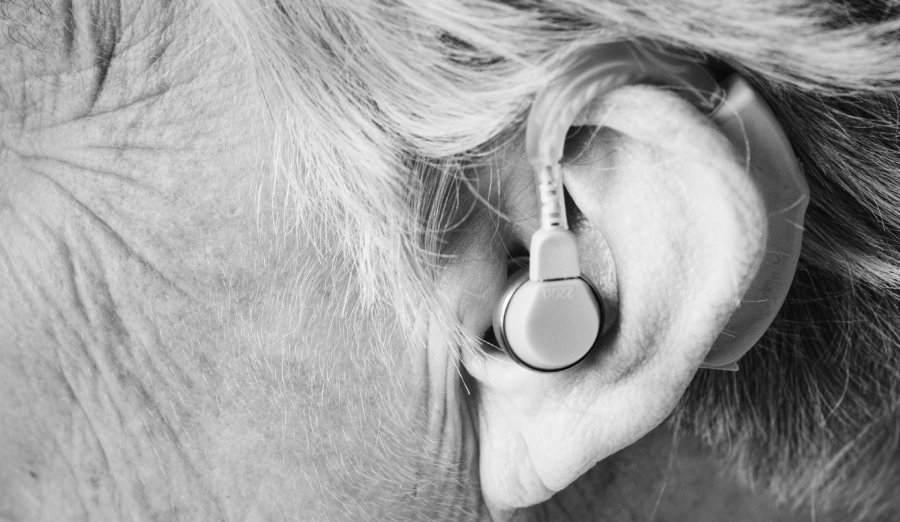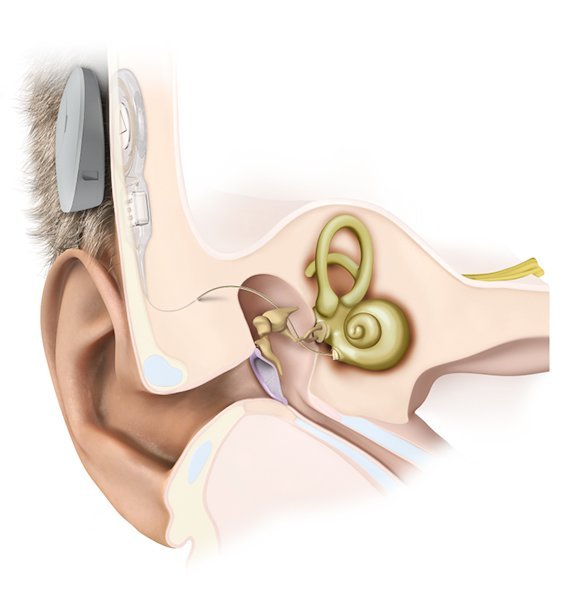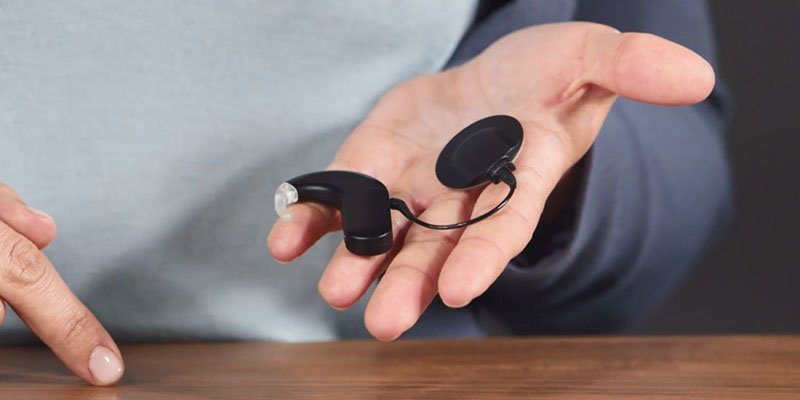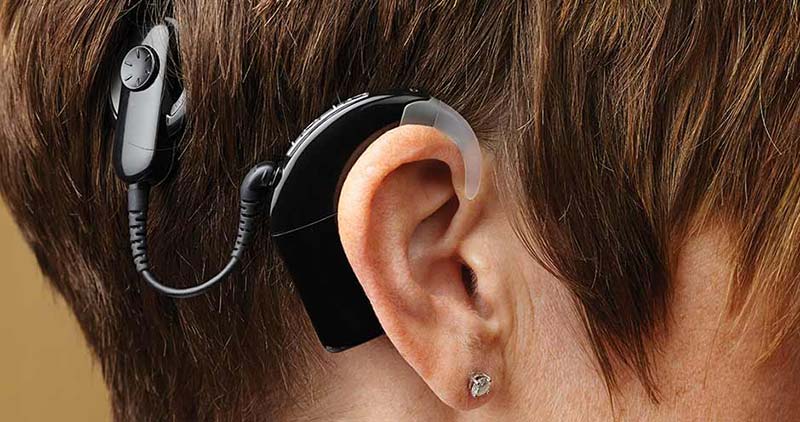Apple’s Latest Health Features: Revolutionizing Sleep and Hearing Care with Apple Watch and AirPods Pro 2
Apple is pushing the boundaries of health technology with its latest updates to the Apple Watch and AirPods Pro 2, now featuring tools to monitor sleep apnea and hearing health. […]
Posted on
Connection between Hearing loss and Dementia / Alzheimer’s disease
Hearing loss has long been considered a natural part of aging, but emerging research continues to highlight its profound impact on brain health. Age-related hearing loss (Presbycusis) is a condition […]
Posted on
Meniere’s Disease – Clinical features, Diagnosis and Treatment
Meniere’s Disease (Ménière’s Disease) is a disorder of the inner ear characterized by a triad of severe dizziness (vertigo), ringing sensation in the ears (tinnitus) and fluctuating hearing loss, with […]
Posted on
Clinical features, Diagnosis and Treatment of Otitis Media with Effusion
Otitis Media with Effusion (OME) is a clinical condition of ear characterized by chronic accumulation of serous / mucoid fluid within the middle ear or mastoid air cells for more […]
Posted on
Sruthi Tharangam – Kerala Government Cochlear Implantation project
Cochlear implants are proven options for the treatment of profound hearing loss. “Sruthi Tharangam” is a Kerala state government aided free cochlear implantation program for kids less than 3 years […]
Posted on
Ototoxicity – Drug induced hearing loss
Ototoxicity is a chemical injury to the labyrinth occurring as a side effect of pharmacotherapy. An ototoxic insult may affect hearing, vestibular functions or both. Types of ototoxicity Reversible / […]
Posted on
കുട്ടികളിലെ കേൾവിക്കുറവ് : മാതാപിതാക്കൾ അറിയേണ്ടത്
ലോകമാകെ, ആയിരത്തിൽ അഞ്ചു കുട്ടികൾക്ക് എന്ന തോതിൽ കണ്ടു വരുന്ന കേൾവിക്കുറവ്, മനുഷ്യരിൽ ഉണ്ടാകുന്ന ജന്മവൈകല്യങ്ങളിൽ മുൻപിൽ നിൽക്കുന്ന ഒന്നാണ്. ശാരീരികമായ ബുദ്ധിമുട്ടുകൾ ഒന്നും ഇല്ലാത്തതിനാലും, പുറമേക്ക് പ്രകടമല്ലാത്തതിനാലും പലപ്പോഴും തിരിച്ചറിയപെടാതെ പോകുന്ന ഒരു വൈകല്യമാണ് കുട്ടികളിലുള്ള കേൾവിക്കുറവ് അഥവാ ബധിരത. […]
Posted on
Presbycusis – Age Associated Hearing Loss
Presbycusis, or age associated hearing loss, is a common cause of hearing loss in adults. The condition has very bad impact on the quality of life of millions of elderly […]
Posted on
Pediatric Hearing loss: What Parents Need to Know?
Pediatric Hearing loss is one of the leading birth defects in humans, occurring in about five out of every 1,000 children worldwide. Hearing loss or deafness in children is a […]
Posted on
Middle Ear Hearing Implants – An Overview
Middle ear hearing implants belongs to the group of Implantable Acoustics or Mechanical hearing devices which are used in rehabilitative management of patients with hearing loss, offering an alternative to […]
Posted on
Ultrasound Otoscopes For Aiding Diagnosis Of Middle Ear Infections
Middle ear infections are one of the most common problems for a clinical visit to an otolaryngologist. The disease is more prevalent in pediatric populations but can affect any age […]
Posted on
FDA Approves Cochlear Implants for Asymmetric, Single-Sided Deafness
Cochlear implants are electronic prosthetic devices used in adults and children with sensory neural hearing loss, who are not benefited by the use of conventional hearing aids. Unlike hearing aids, […]
Posted on
Sudden Sensorineural Hearing Loss (SSNHL) – Clinical presentation, Diagnosis and Treatment
Sudden hearing loss (SHL) is an emergency clinical condition characterized by a rapid-onset subjective sensation of hearing impairment in one or both ears. When not recognized and managed promptly, sudden […]
Posted on
Sudden Hearing Loss: Updated Clinical Practice Guideline
Sudden hearing loss (SHL), defined as a rapid-onset subjective sensation of hearing impairment in one or both ears is an emergency in the ear-nose-throat clinical practice. If not recognized and […]
Posted on
NICE guidelines for Cochlear implantation in children and adults
The National Institute for Health and Care Excellence (NICE) is a non-departmental public body in England, that provides national guidance and advice to improve health and social care. On 7th […]
Posted on

